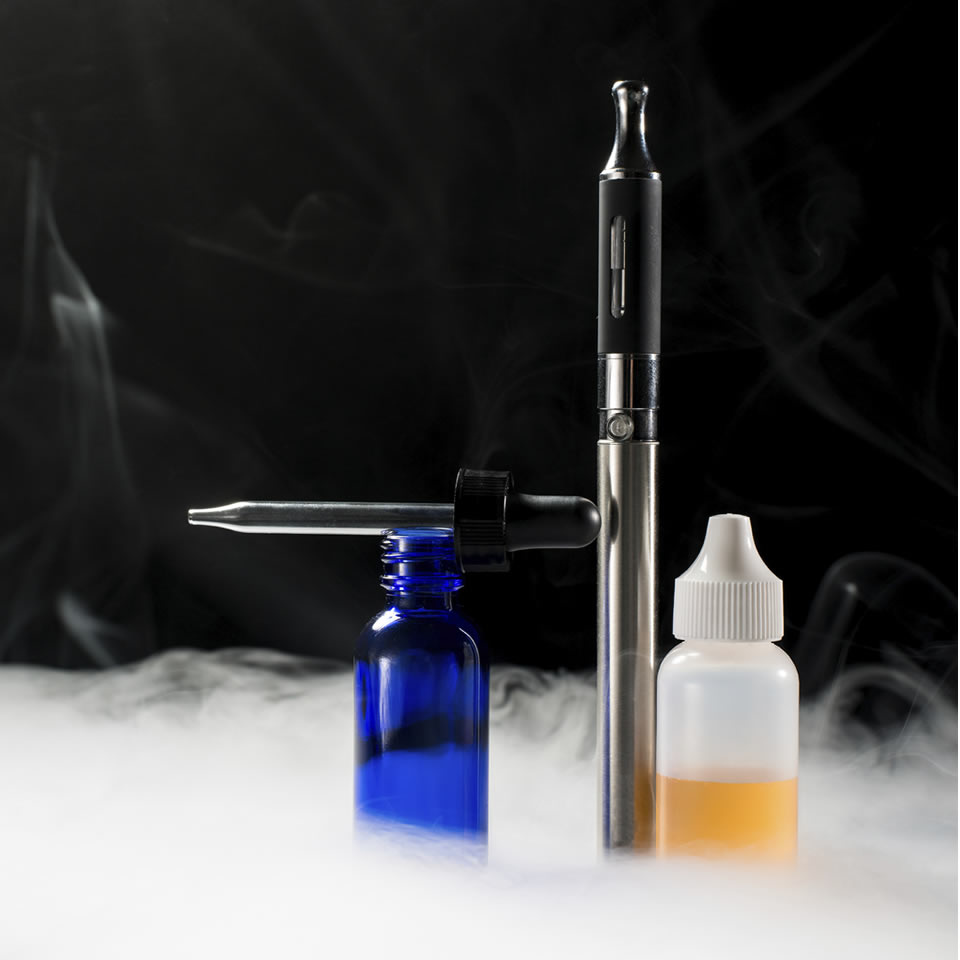As we move more into a business that has products more people are using and the government is looking into what they are and how do they regulate them. The business owners and manufacturers are protecting their businesses covering the products they make or private label.
Don’t let unexpected product liability costs destroy your business. Having liability coverage for your e-liquid or any other product you might need to ensure that you have the right protection you and your business need.
- What would you do if a customer had an allergic reaction to your e-juice and you didn’t have the right insurance?
- Did you know that you could be held liable for their medical and other expenses and have to pay those costs out of your own pocket?
It’s not just manufacturers who take this risk. Importers, distributors, and even retailers can also be held liable if a customer is injured from the product malfunction. You might be liable if your business name is on the product, if your business has repaired or made changes to the product, Many insurance policies have gaps, so make sure that the coverage you have is what you need to cover your exposure. To assure that you are covered adequately look at what your exposure is to your target markets.
What is Product Liability Insurance?
Product liability coverage provides protection against bodily injury and property damage losses arising out of some defect in the product you sold, manufactured or distributed.
Product liability insurance may also provide coverage for claims arising from damages due to providing inadequate instruction for use of the product or a failure to have a warning label on your product.
Why Product Liability Insurance?
Defective or dangerous products are the cause of thousands of injuries every year in the United States. Responsibility for a product defect that causes injury may affect all sellers of the product who are in the distribution chain. Listed below are a few examples of parties that may be exposed to a product liability claim:
Product Liability –
- the product manufacturer, importer, or distributor;
- A manufacturer of component parts;
- A party that assembles or installs the product;
- the wholesaler; and
- the retail store that sold the product to the consumer
In addition, under the definition of “Strict Liability,” the person injured by a product may be entitled to compensation for their injuries without showing that the manufacturer or seller of the product was actually negligent.

